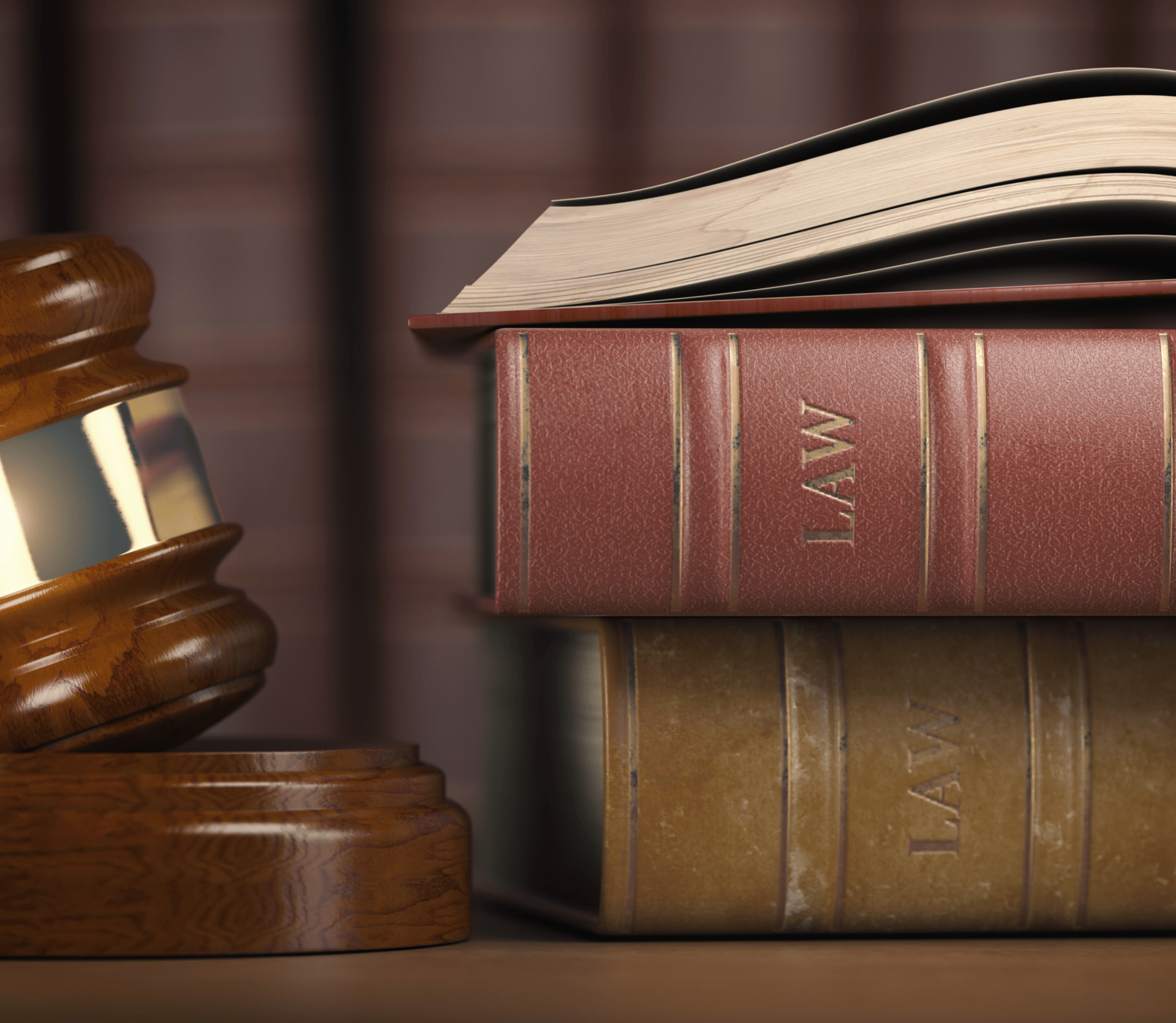Source: Spotify

Sometimes more is better. In this case, two lawsuits are not better than one. In late December, Mashable reported that Spotify has been sued in a civil suit for $150 million over alleged copyright infringements. Spotify has allegedly been failing to properly track and pay royalties, said Mashable.
The class action complaint for damages and injunctive relief was filed December 28 in U.S. District Court for the Central District of California by musician, songwriter and producer David Lowery who has been a critic of Spotify and the streaming music industry. Lowery is seeking class-action status, so that he can sue on behalf of other artists in addition to himself. The suit contains two primary allegations: direct copyright infringement and unfair business practices.
The complaint, republished by Mashable on Scribd, alleges the following:
- Spotify used copyrighted musical works in an “egregious, continuous and ongoing campaign of deliberate copyright infringement.”
- Spotify “has – and continues to – unlawfully reproduce and/or distribute copyrighted musical compositions (the “Works”) to more than 75 million users via its interactive commercial music streaming service, as well as its offline listening service. Spotify reproduces and/or distributes the Works despite its failure to identify and/or locate the owners of those compositions for payment or to provide them with notice of Spotify’s intent to reproduce and/or distribute the Works.”
- Spotify’s copyright infringement is knowing and willful. It has publicly admitted its failures to obtain licenses for the musical works it distributes or reproduces or to pay royalties to the copyright owners. Spotify’s “use of the Works creates substantial harm and injury to the copyright holders, and diminishes the integrity of the Works.”
Source: Spotify

According to the 38-page complaint, including exhibits, Lowery, as plaintiff, believes there are hundreds or thousands of artists who may have been harmed by Spotify’s actions. He wants class-action status, so he and his attorneys can represent all of the artists who have been potentially harmed.
A week before the lawsuit was announced, Spotify made an announcement of its own. The company said it would invest in the resources and technical expertise to build a comprehensive publishing administration system to solve the problem of missing, incorrect or incomplete rights holder information. Spotify also said it has paid “well more than $3 billion” in royalties thus far, but Billboard reported that an estimated $17 to $25 million in unconfirmed rights holder money is probably also due.
“Unfortunately, especially in the United States, the data necessary to confirm the appropriate rights holders is often missing, wrong, or incomplete. When rights holders are not immediately clear, we set aside the royalties we owe until we are able to confirm their identities,” said Prince.
Last Friday Spotify got hit by a second lawsuit, this time for $200 million, said Digital Trends. This suit was filed by Los Angeles law firm Gradstein & Marzano on behalf of artist Melissa Ferrick who accuses Spotify of “wholesale copyright infringement.”
Insider Take:
Last June Bloomberg Business reported Spotify was valued at just over $8 billion. Even if Spotify lost both class action suits, it could still be a viable company financially – but that really isn’t the point. The point is that Spotify has a problem bigger than the potential $350 million lawsuit payouts. The problem is acknowledging that musical artists, writers, creators and other producers of intellectual property have a legal right to be paid what their work is worth. It cannot and should not be used without permission or payment. Period.
Poor data is not a sufficient excuse, nor is ignorance. Spotify and any other streaming services with similar problems need to move quickly to fix this and make reparations for any past due royalties and whatever other legal remedies the courts deem appropriate. When companies identify problems like this with their data, they need to correct them as soon as possible or risk finding themselves in a similar lawsuit. Taking the high road is far better than the blame game which will hurt both the company and the industry in the long run.








